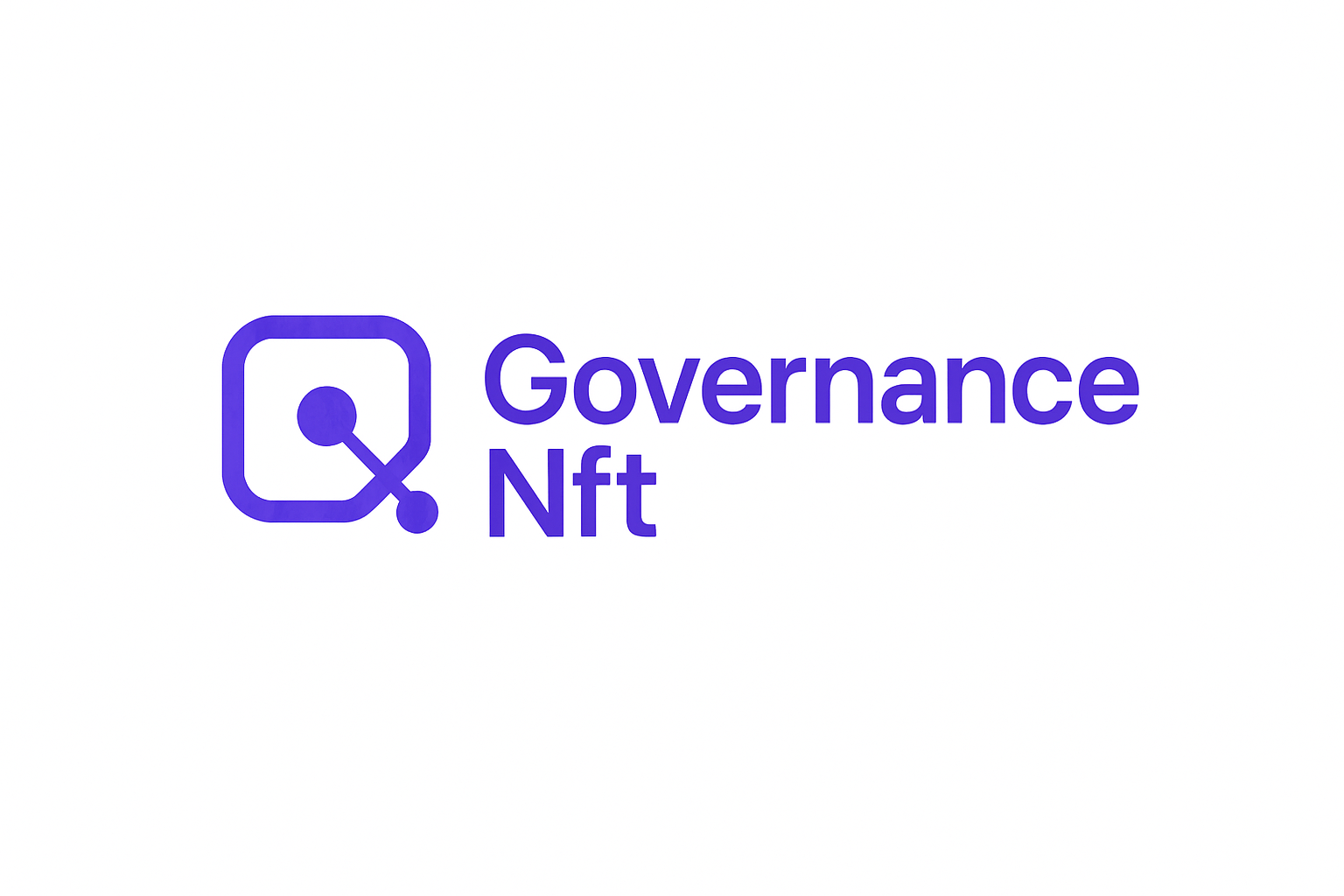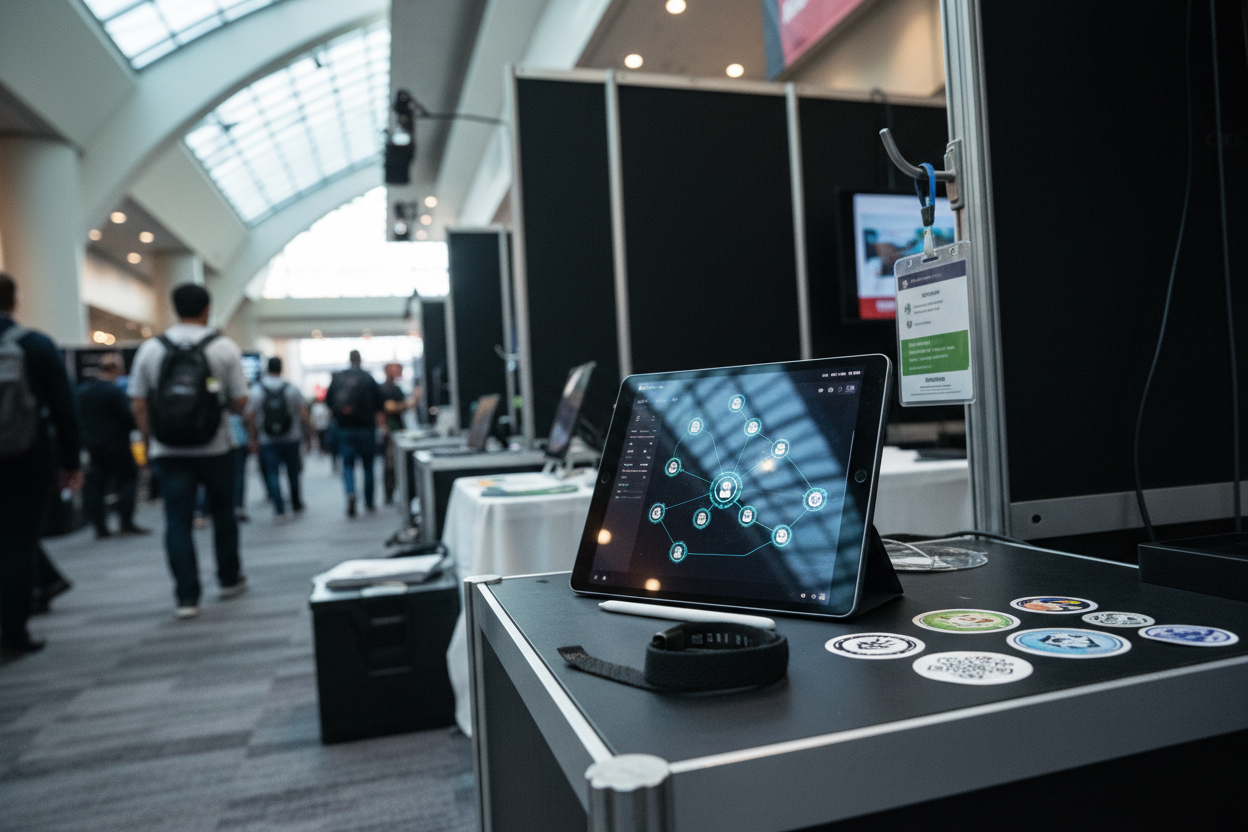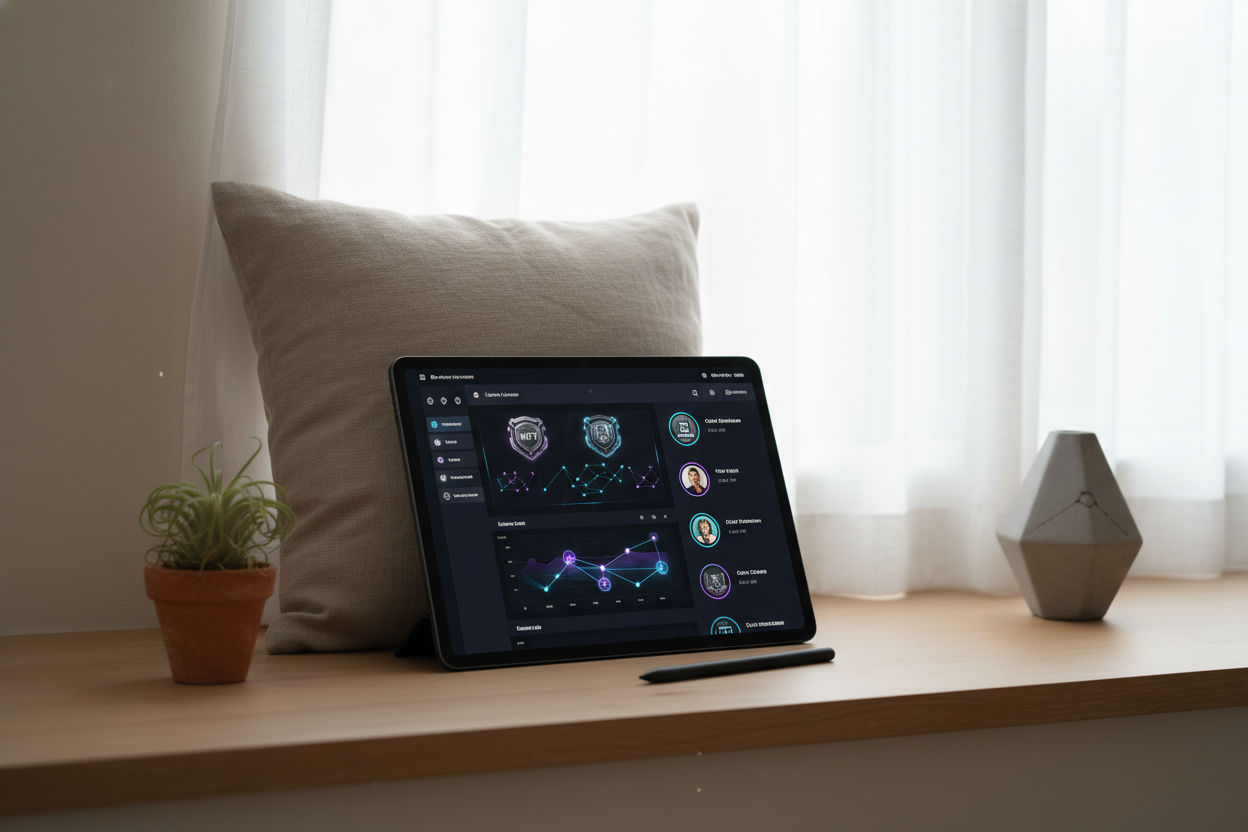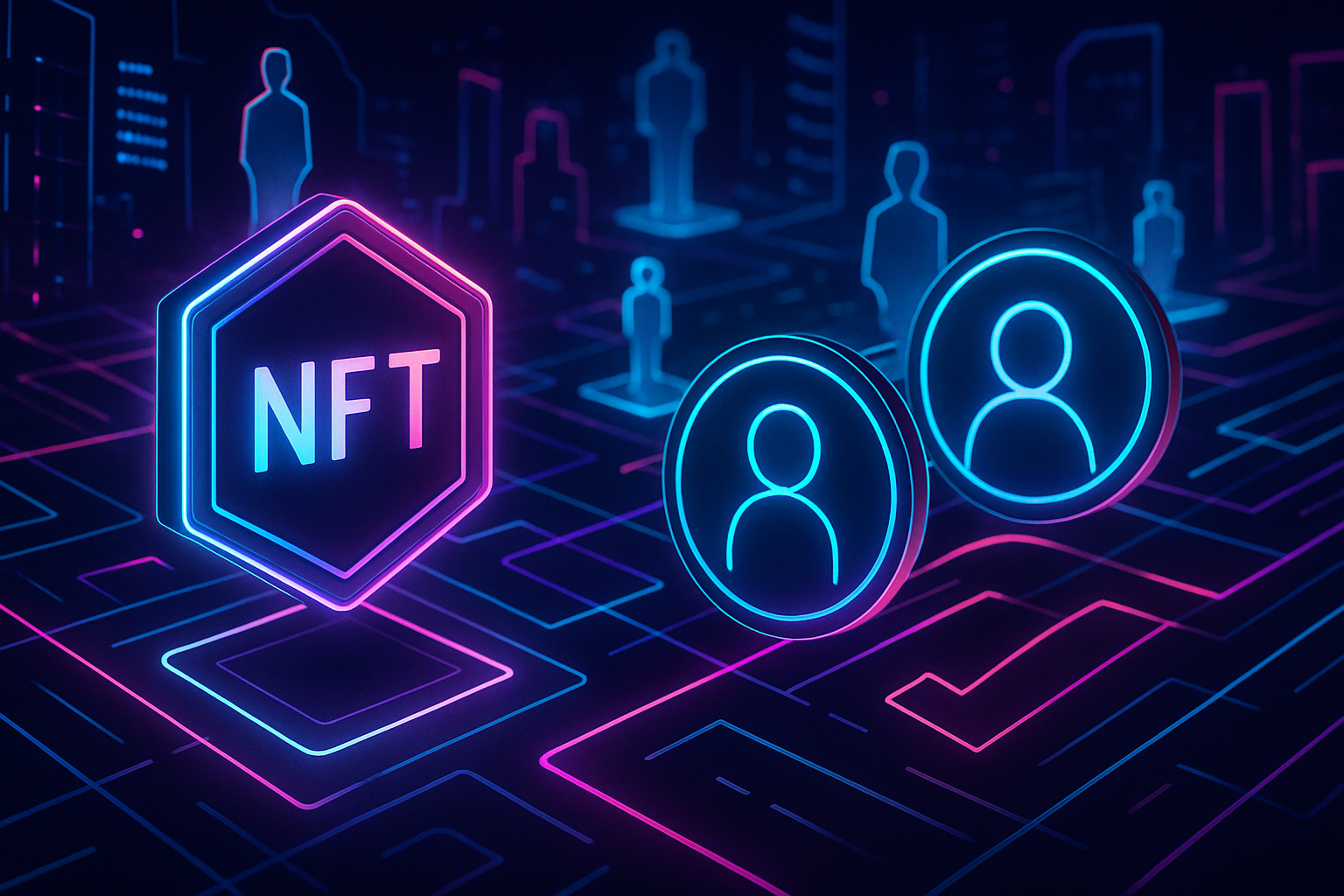
In the evolving landscape of decentralized governance, early-badge NFTs are rapidly becoming the backbone of reputation and voting power within DAOs. Unlike traditional governance tokens that often equate influence with capital, early-badge NFTs introduce a meritocratic layer to decision-making. These badges are more than digital collectibles; they serve as verifiable credentials that reflect a member’s active engagement and critical contributions to their DAO community.
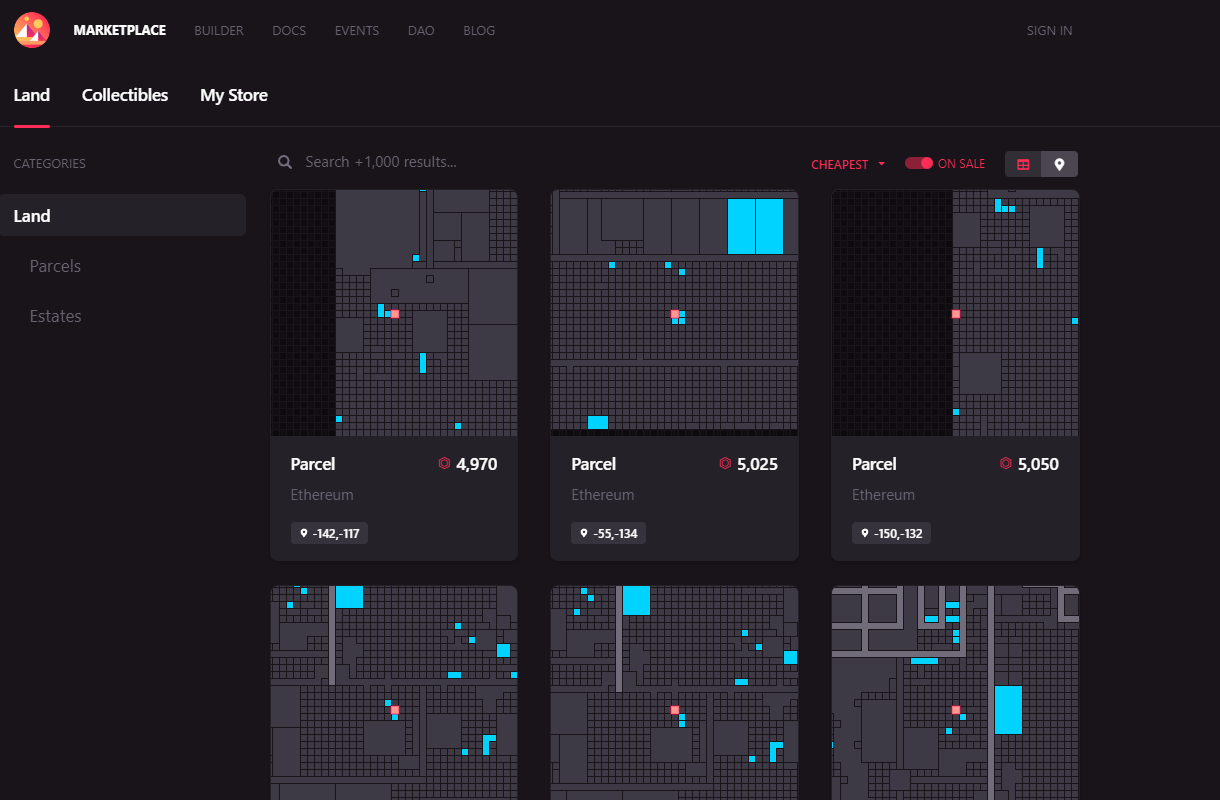
How Early-Badge NFTs Work in DAO Governance
DAOs are moving beyond simple token-weighted voting models by integrating NFT badge utility into their core governance frameworks. Here’s how it works:
How Early-Badge NFTs Shape DAO Voting and Reputation
-
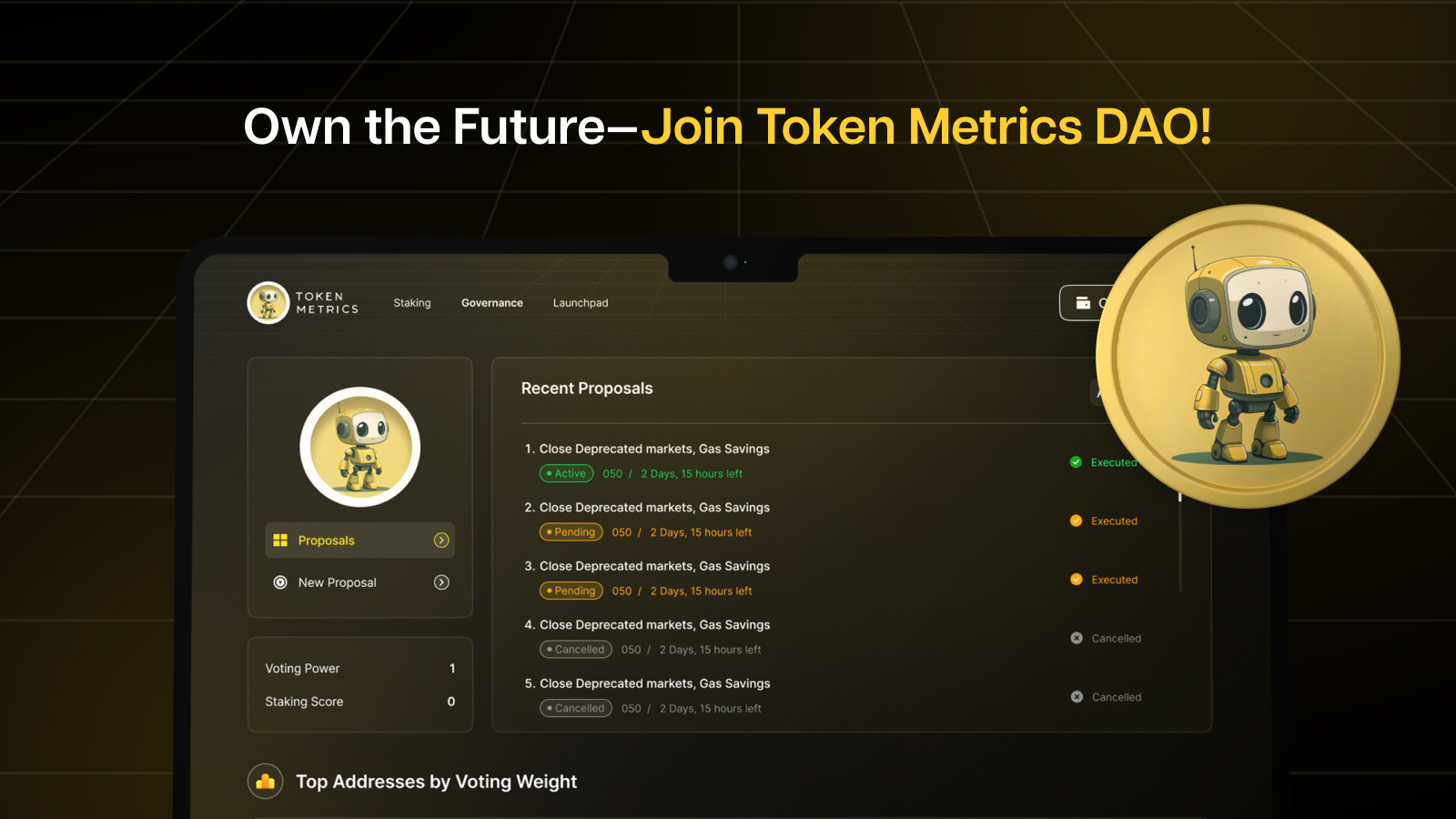
Earned Through Meaningful Participation: Members receive Early-Badge NFTs by actively contributing to DAO initiatives—such as completing tasks, engaging in governance discussions, or delivering key project work—demonstrating their commitment and value to the community.
-
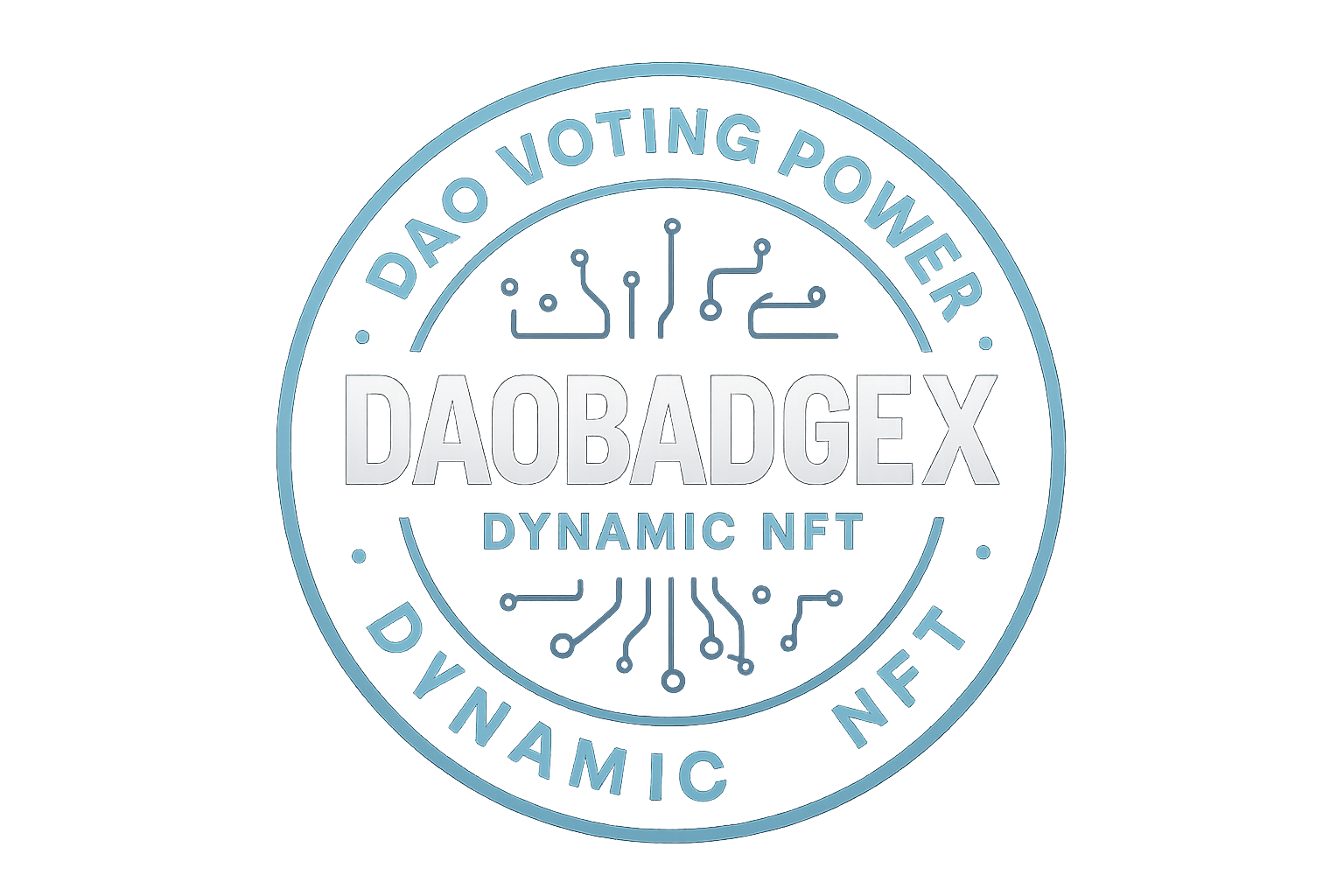
Dynamic Voting Power Based on Reputation: Early-Badge NFTs grant voting rights that scale with a member’s reputation and ongoing engagement. For example, platforms like DAOBase’s DAOBadgeX issue dynamic NFTs that update in real time to reflect a member’s activity, proposals, and voting history.
-
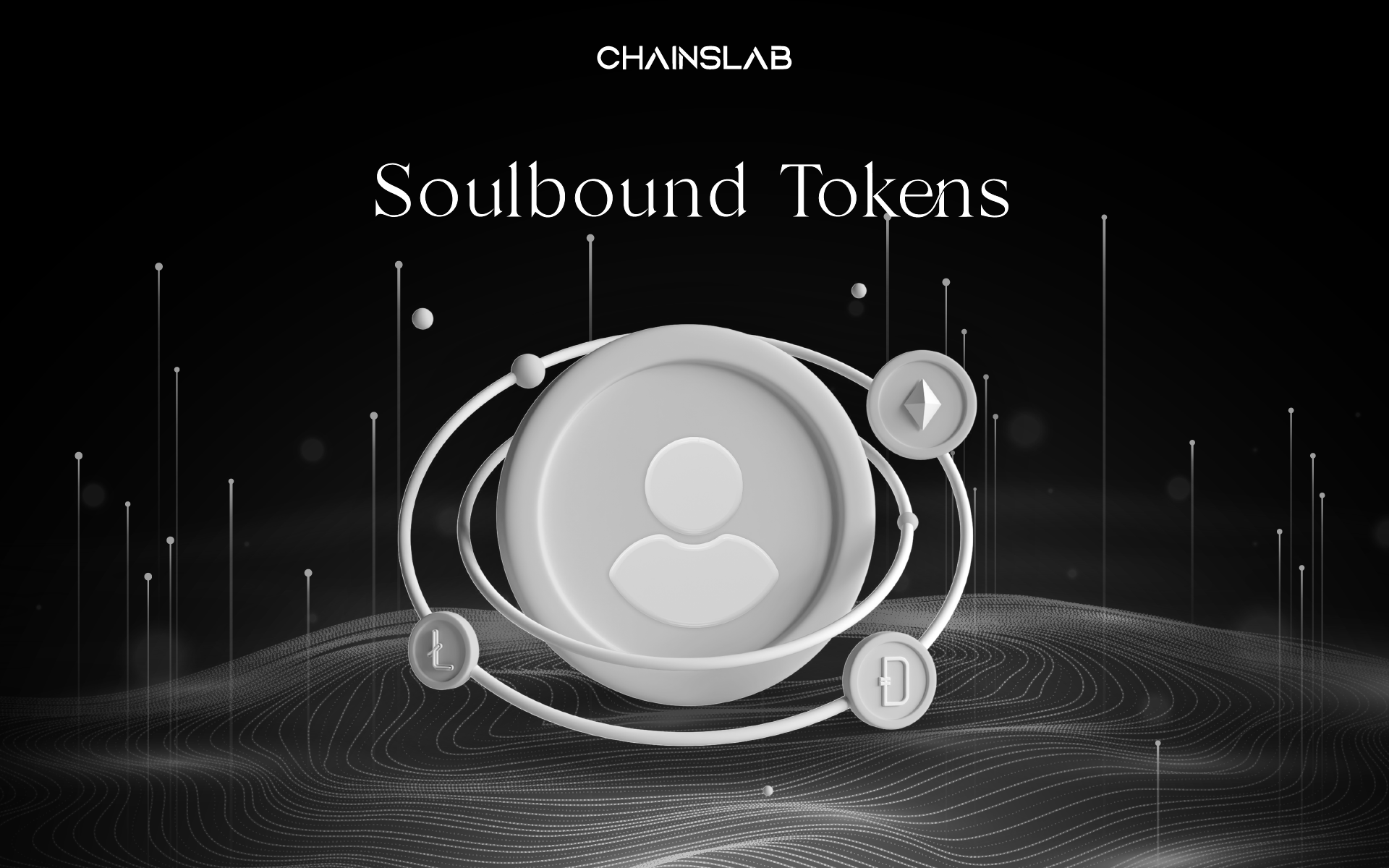
Non-Transferable for Reputation Integrity: Early-Badge NFTs are typically non-transferable (soulbound), ensuring voting power cannot be bought or sold. This preserves the authenticity of reputation and aligns influence with genuine participation, not financial leverage.
-
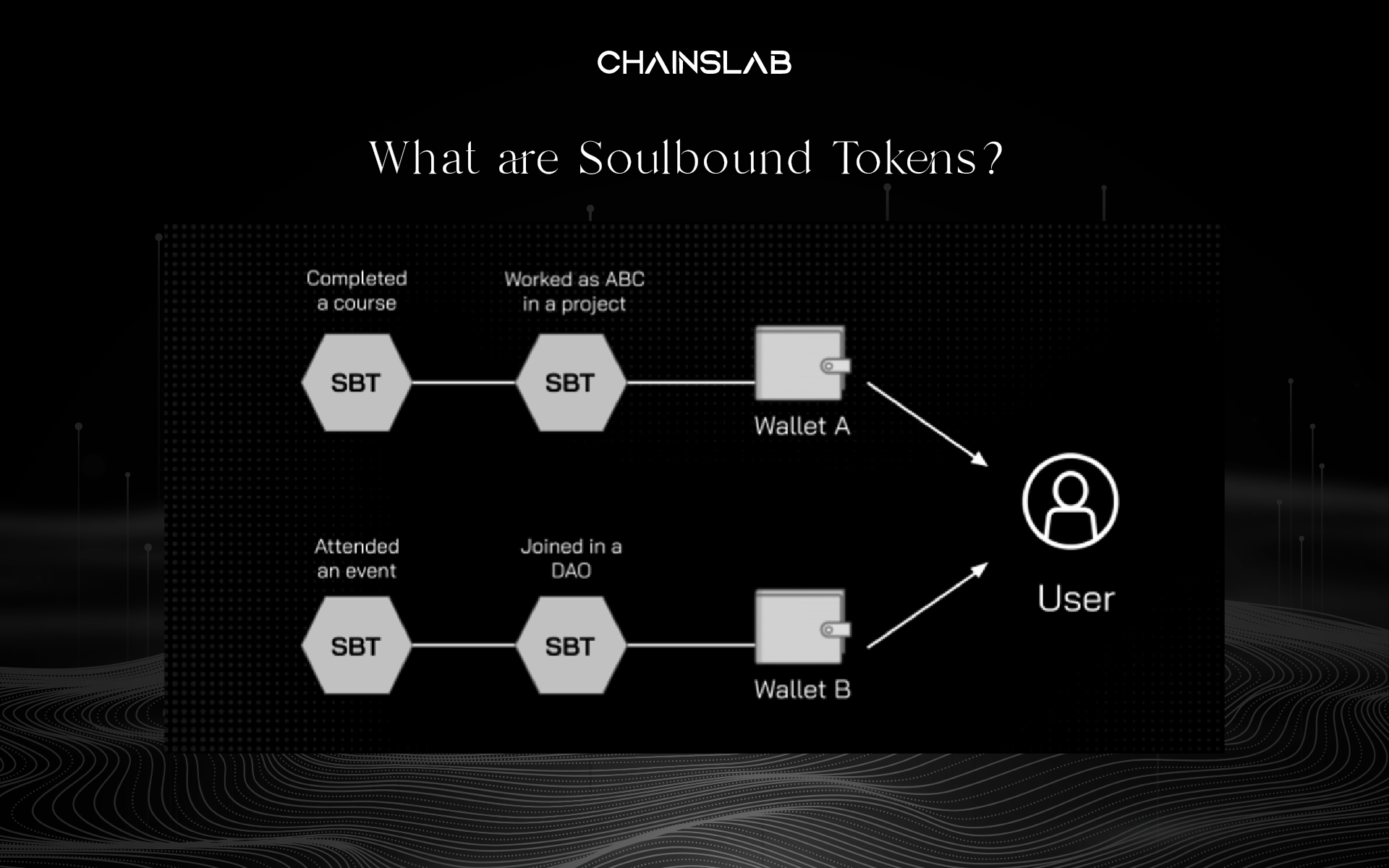
Transparent, On-Chain Record of Contributions: These NFTs serve as verifiable, on-chain credentials, making members’ achievements and voting rights transparent to the community and fostering trust in the governance process.
-
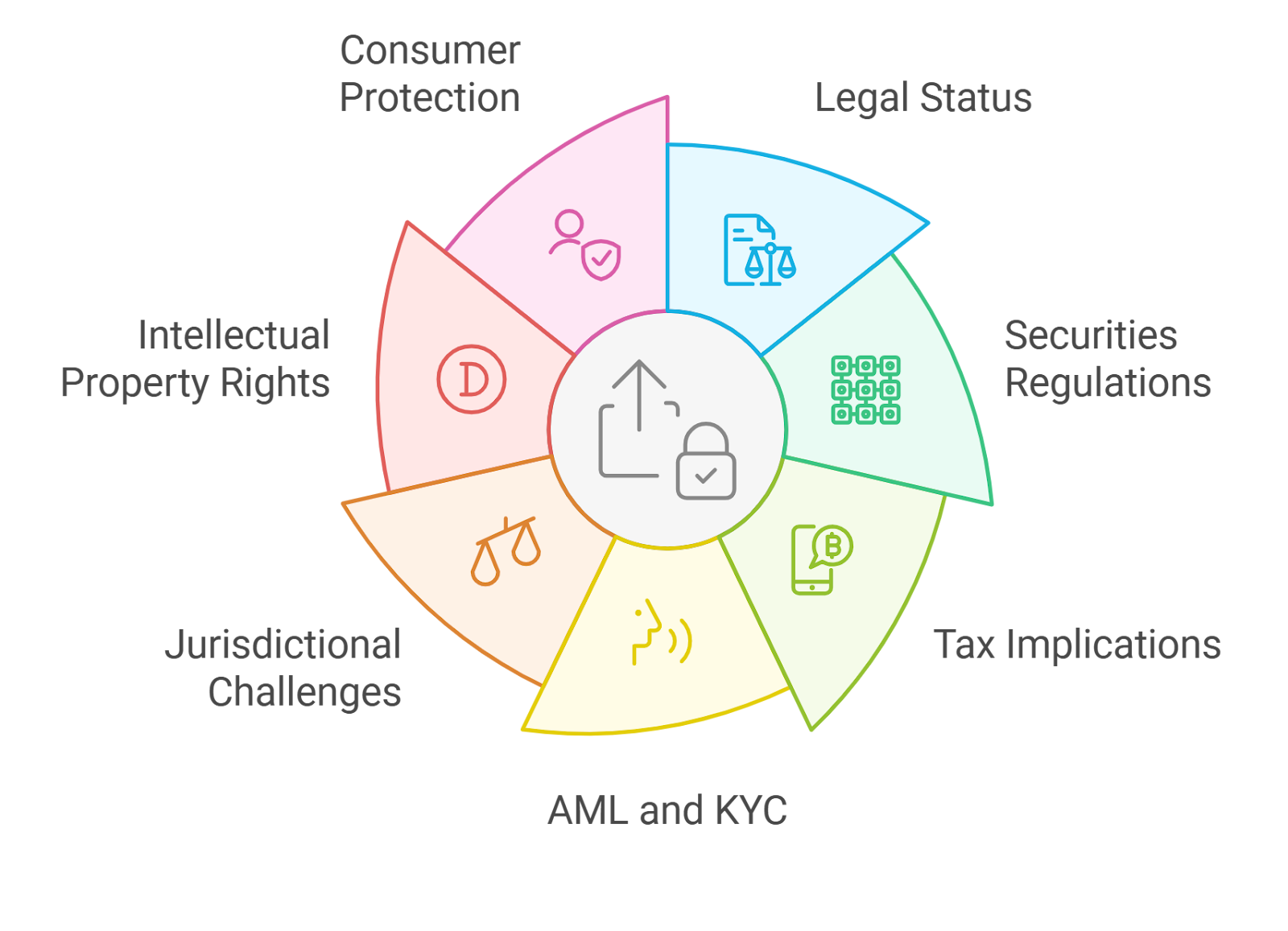
Meritocratic and Engaged Governance: By tying influence to earned badges, DAOs incentivize active participation and ensure that governance reflects the input of dedicated, high-reputation members, leading to more robust and trusted decision-making.
When a member completes key tasks, participates in discussions, or delivers on-chain value, the DAO issues them an early-badge NFT. These badges are typically non-transferable (soulbound), ensuring that reputation and governance rights cannot be bought or sold on secondary markets. This model ensures that only genuine contributors can influence proposals and outcomes.
The Mechanics of Voting Power: From Badge to Ballot
The real innovation lies in how these NFTs translate into DAO voting power. Instead of each token equaling one vote, as seen in most ERC-20-based models, DAOs using governance NFT badges assign influence based on verified participation. For example, a protocol like DAOBadgeX (see DAOBadgeX by DAOBase) enables dynamic badges that update automatically as members propose ideas, cast votes, or delegate authority. This creates a living record of involvement directly tied to governance rights.
This approach addresses long-standing issues with plutocracy and passive holders: only those who contribute meaningfully can accumulate the reputation needed for significant voting weight. The result is a more engaged community where incentives align with the organization’s goals.
Reputation Systems: Building Trust On-Chain
NFT reputation systems bring radical transparency to decentralized organizations. Every badge is minted on-chain and linked to specific actions or milestones within the DAO. As highlighted by Governance NFT Badges, this creates an immutable audit trail of who did what – making it easy for communities to verify claims about past contributions.
The compounding effect is powerful: as members accumulate more badges over time, they unlock new privileges or enhanced voting power within the organization (source). This not only motivates sustained engagement but also helps surface trusted leaders organically without centralized gatekeeping.
The shift toward verifiable credentials in DAOs is also changing how communities recognize and reward meaningful participation. Early-badge NFTs serve as a public, on-chain resume, allowing members to showcase their expertise and leadership across multiple projects. This reputation can be leveraged for cross-DAO collaborations, grant applications, or even new governance roles as the ecosystem matures.
One of the most compelling advantages of this system is its resistance to manipulation. By tying voting rights to non-transferable NFT badges rather than fungible tokens, DAOs can prevent vote-buying schemes and ensure that power remains with those who actually contribute value. The transparency of the blockchain further enforces accountability, anyone can audit badge issuance and verify that voting power aligns with real achievements.
Incentives and Community Health: Why Early-Badge NFTs Matter
Healthy governance is all about incentives. With early-badge NFTs, DAOs create a positive feedback loop: active contributors are rewarded with greater influence, which motivates further participation and innovation. As more members strive to earn badges, the overall quality of proposals and discussions improves, leading to smarter collective decisions.
This model also opens doors for more inclusive governance. Unlike token-based systems where newcomers may struggle to acquire voting power without significant financial investment, NFT badge frameworks allow anyone, regardless of capital, to build influence through effort and commitment alone. This democratizes decision-making and helps DAOs attract diverse talent from around the globe.
Top Benefits of Early-Badge NFTs for DAO Communities
-
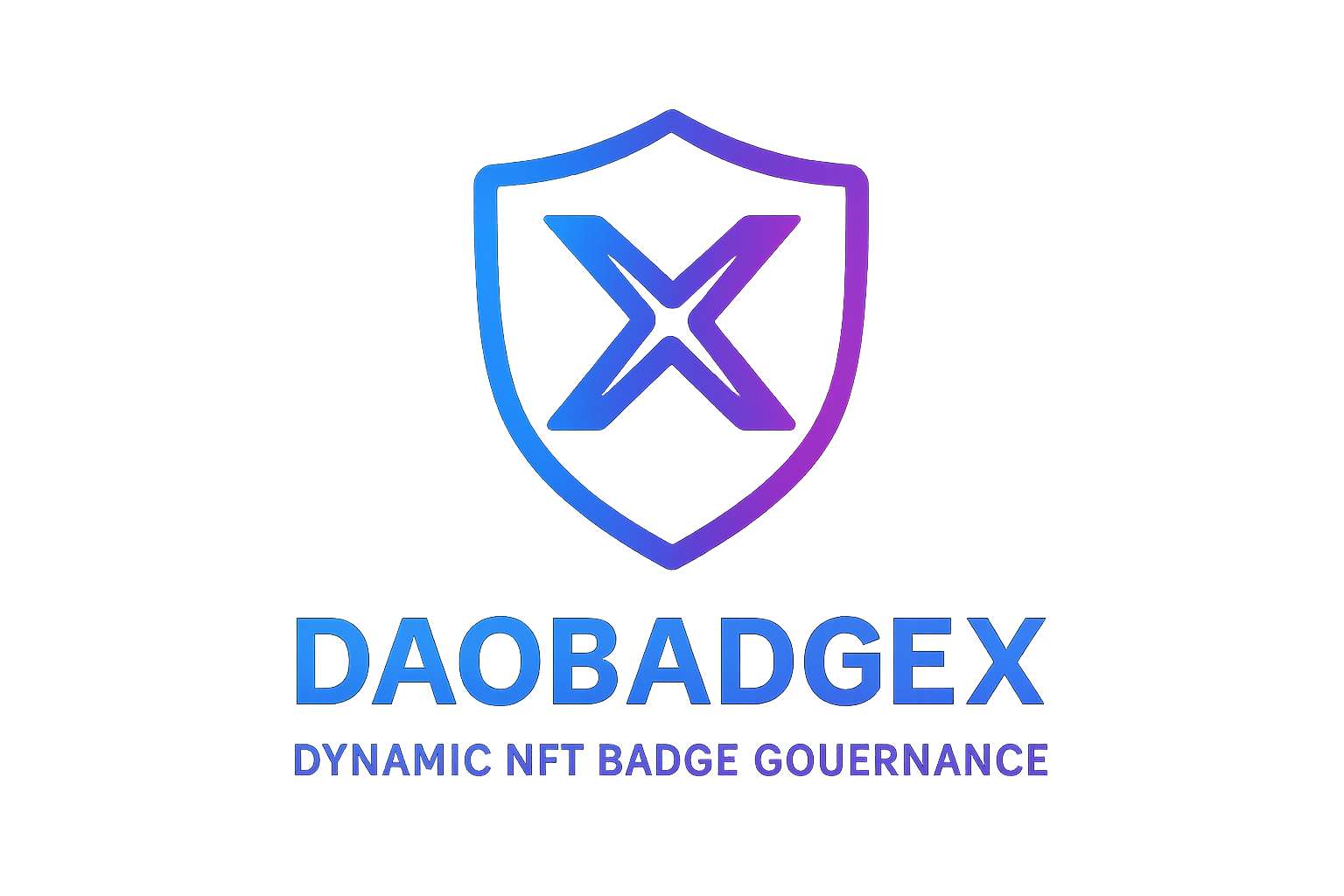
Merit-Based Voting Rights: Early-Badge NFTs grant voting power based on actual contributions rather than simple token holdings, ensuring that governance influence is earned through active participation. Platforms like DAOBadgeX exemplify this dynamic, reputation-driven approach.
-
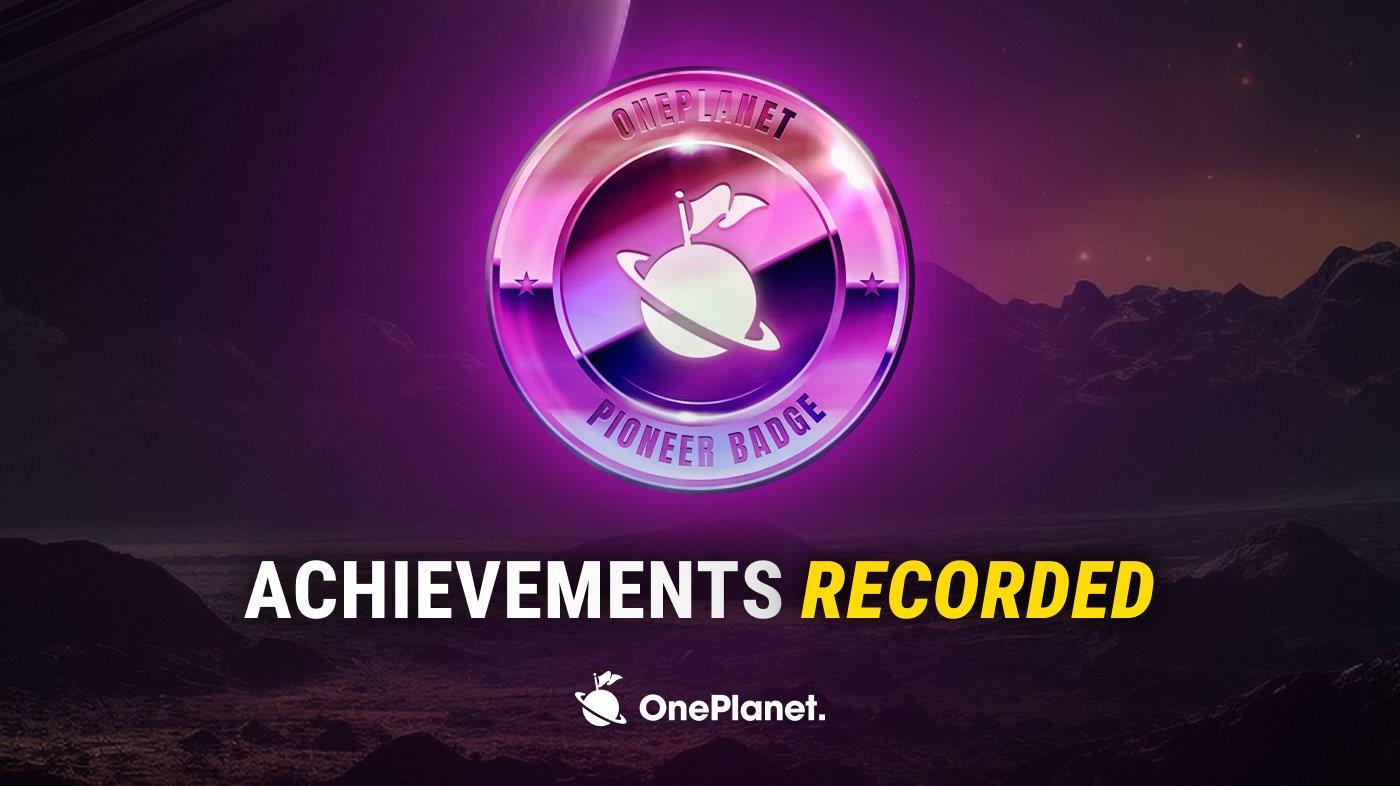
Transparent Contributor Records: Each Early-Badge NFT serves as an on-chain credential that publicly verifies a member’s engagement and achievements, building trust and accountability within the DAO.
-
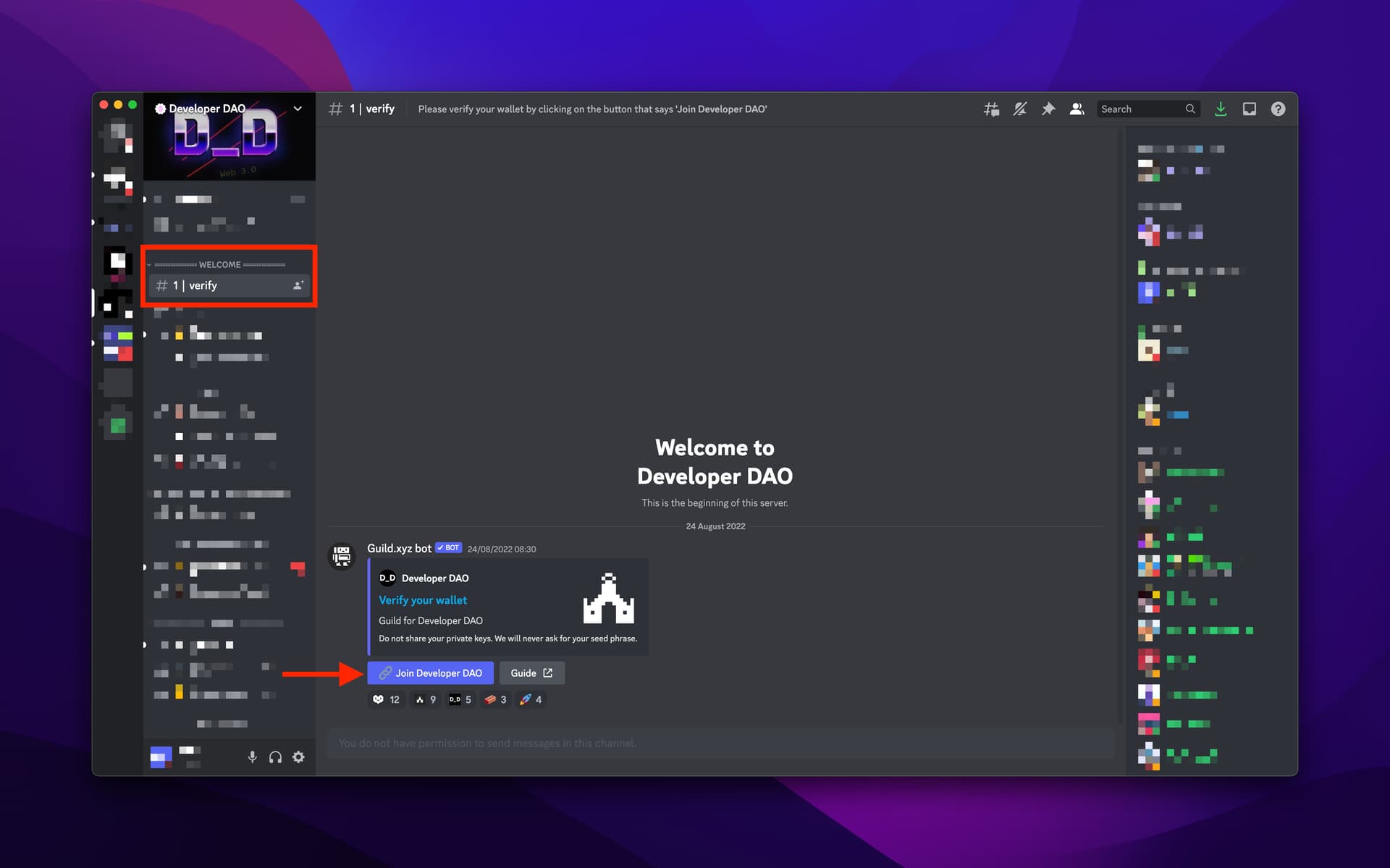
Increased Engagement Incentives: By tying reputation and privileges to Early-Badge NFTs, DAOs motivate members to participate in discussions, voting, and project contributions, directly impacting their influence and rewards.
-
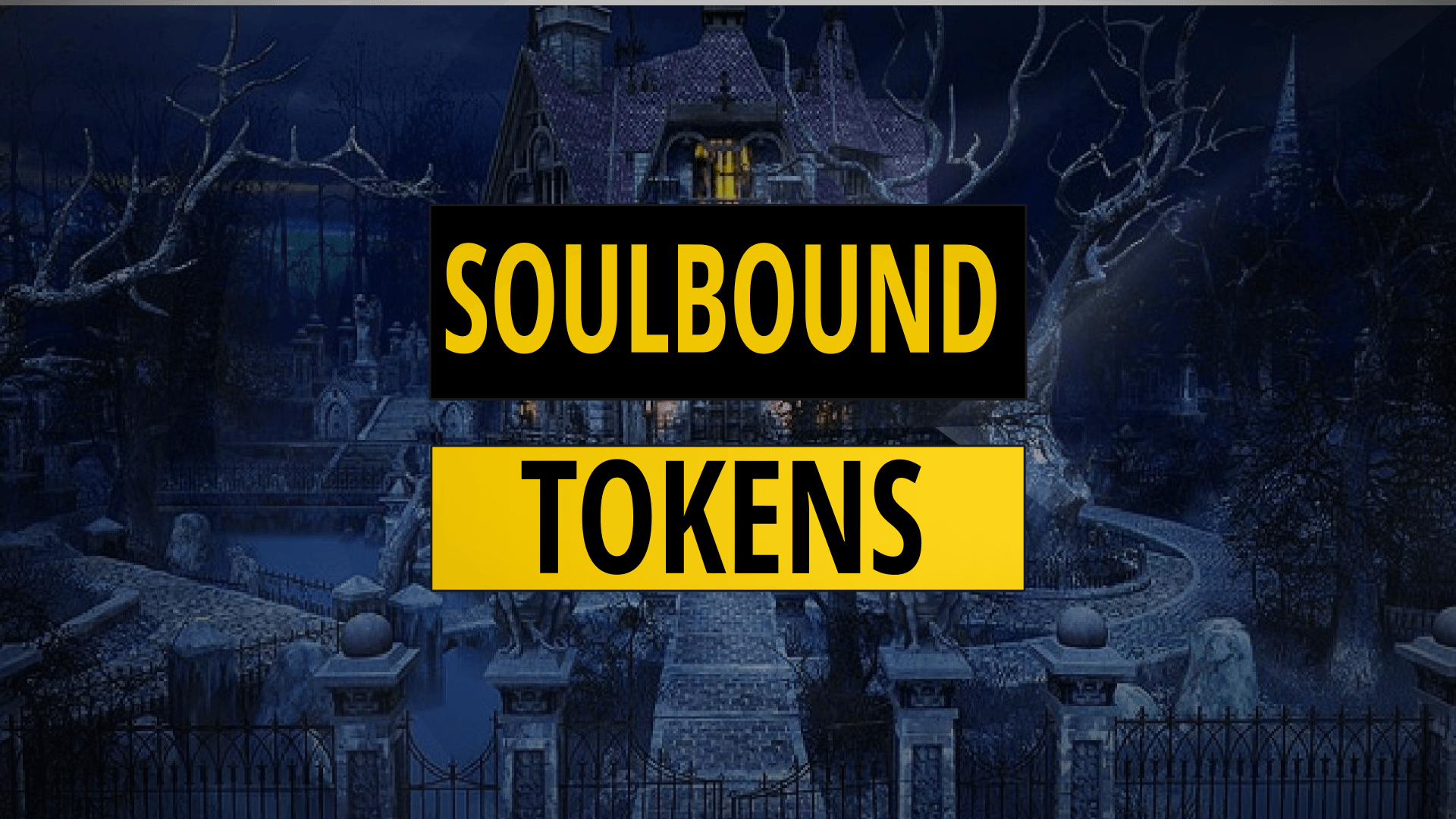
Prevention of Vote-Buying: Non-transferable Early-Badge NFTs cannot be bought or sold, ensuring that governance power is based on genuine involvement rather than financial means, which helps maintain the integrity of DAO decisions.
-
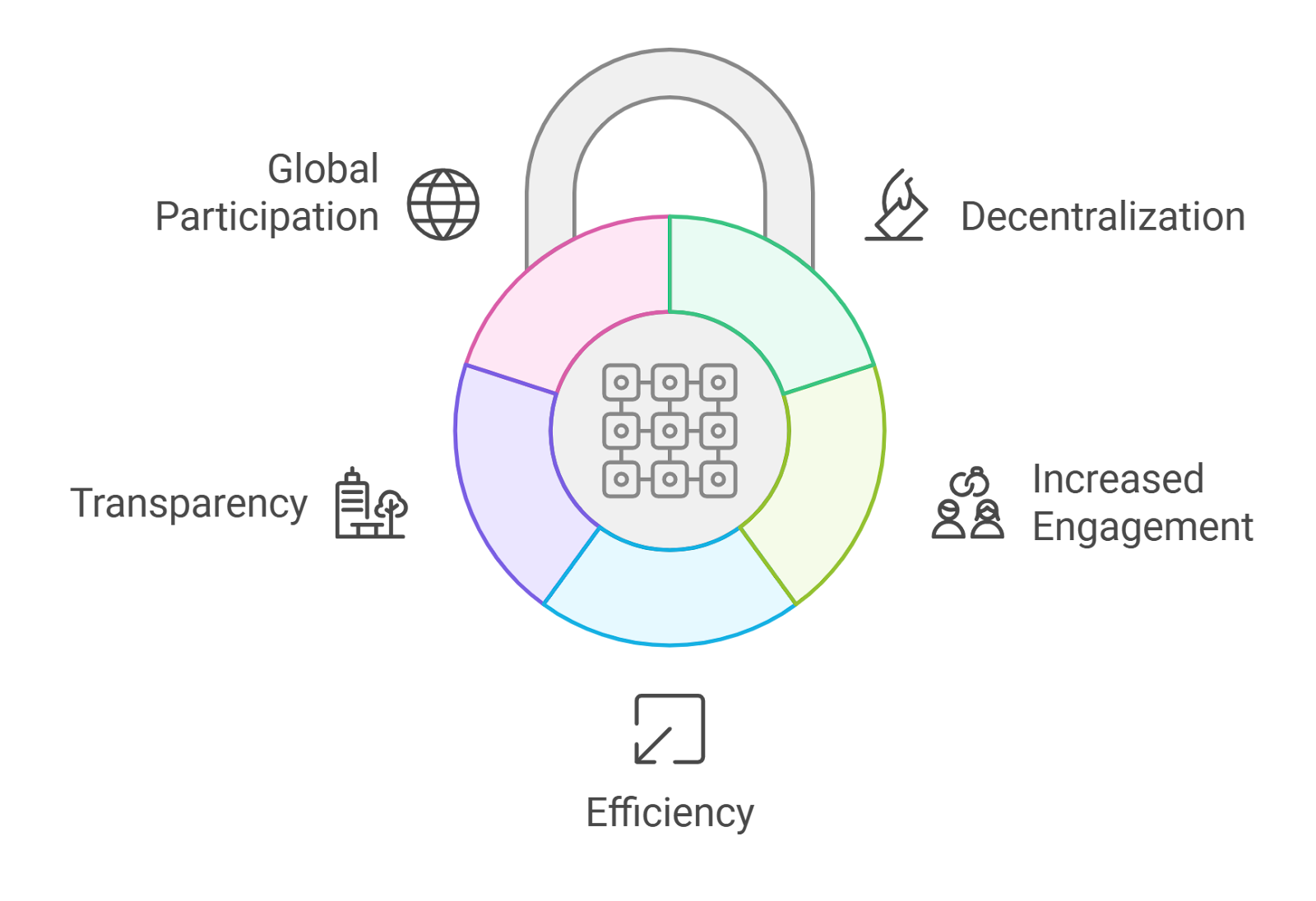
Cross-DAO Recognition: Early-Badge NFTs are verifiable across multiple DAOs, allowing active contributors to build a portable, blockchain-based reputation that unlocks new opportunities and privileges in different communities.
Future-Proofing DAO Governance With NFT Badge Utility
The evolution of NFT badge utility is just beginning. As standards mature and interoperability increases across blockchains, we’ll see even more sophisticated reputation systems emerge. Features like dynamic updating (where badges reflect ongoing activity), multi-DAO recognition (badges valid across several communities), and privacy-preserving attestations will drive adoption further.
Projects integrating these mechanisms now are already seeing tangible results, higher proposal engagement rates, fewer governance attacks, and stronger core communities anchored by trust rather than speculation (Governance NFT Badges). For organizations looking to future-proof their governance models against both apathy and plutocracy, early-badge NFTs offer a robust solution grounded in transparency and meritocracy.
